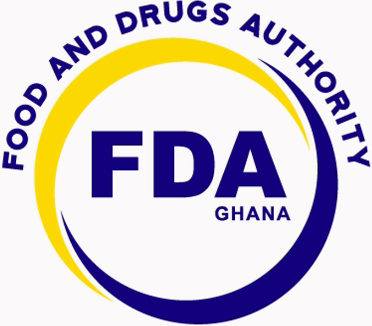The Food and Drugs Authority (FDA) in Ghana’s Upper East Region has issued a stern warning to sachet water producers, emphasizing the critical importance of maintaining hygienic and sanitary production conditions to safeguard public health. The FDA’s Acting Regional Head, Mr. Abel Ndego, underscored the agency’s commitment to ensuring public safety, stating that the FDA would not tolerate producers prioritizing profit over the well-being of consumers. He outlined a range of regulatory actions the FDA employs to address violations, including warning letters, facility closures, administrative fines, and legal prosecution. This assertive stance reflects the FDA’s recognition of the significant health risks associated with contaminated sachet water.
The FDA organized a sensitization program in Bolgatanga, bringing together sachet water producers from across the region. The program aimed to share best practices and guidelines aligned with international standards, empowering producers to elevate the quality and safety of their products. Mr. Ndego highlighted sanitation as a major challenge observed during routine FDA inspections of production facilities. He stressed the importance of rigorous cleaning regimes to minimize contamination risks, emphasizing that maintaining sanitary conditions is fundamental to preserving the integrity and quality of sachet water.
A critical control point in sachet water production is the use of Ultraviolet (UV) sterilization light. This process effectively eliminates harmful pathogens and bacteria that may contaminate the water. Mr. Ndego expressed concern over some facilities operating with non-functional UV lights, a serious breach of safety protocols. The FDA has taken decisive action, halting production in such facilities until the UV lights are replaced and operational. He explained that while filtration removes particulate matter, UV sterilization is essential for killing microbes and ensuring the safety of the water for consumption.
The FDA’s focus on UV sterilization underscores its understanding of the vital role this process plays in preventing waterborne illnesses. Mr. Ndego emphasized that water is essential for life, and those involved in its production hold a significant responsibility for public health. Negligence in this regard can have severe consequences. The FDA reiterated its commitment to taking regulatory action against any producer found to be operating outside the established regulations, demonstrating a proactive approach to preventing potential health crises.
In 2025 alone, the FDA has already taken significant enforcement actions, including fining at least six sachet water facilities and closing down two others for non-compliance. This proactive approach signals the FDA’s determination to hold producers accountable and enforce adherence to safety standards. The agency anticipates further action as it continues its rigorous monitoring and inspection efforts. This commitment to enforcement underscores the FDA’s dedication to ensuring the highest standards of quality and safety in the sachet water industry.
The FDA’s declared 2025 as an “action year,” reflecting its intensified efforts to ensure that all products, including sachet water, meet the required standards for safety, quality, and efficacy, both within and outside the region. The FDA’s commitment to providing producers with all necessary regulatory information underscores its collaborative approach to ensuring public safety. By working closely with producers and providing clear guidelines, the FDA aims to foster a culture of compliance and continuous improvement within the industry, ultimately protecting consumers and promoting public health. This comprehensive approach, combining education, stringent enforcement, and ongoing support, demonstrates the FDA’s proactive commitment to ensuring the safety and quality of sachet water in the Upper East Region of Ghana.














